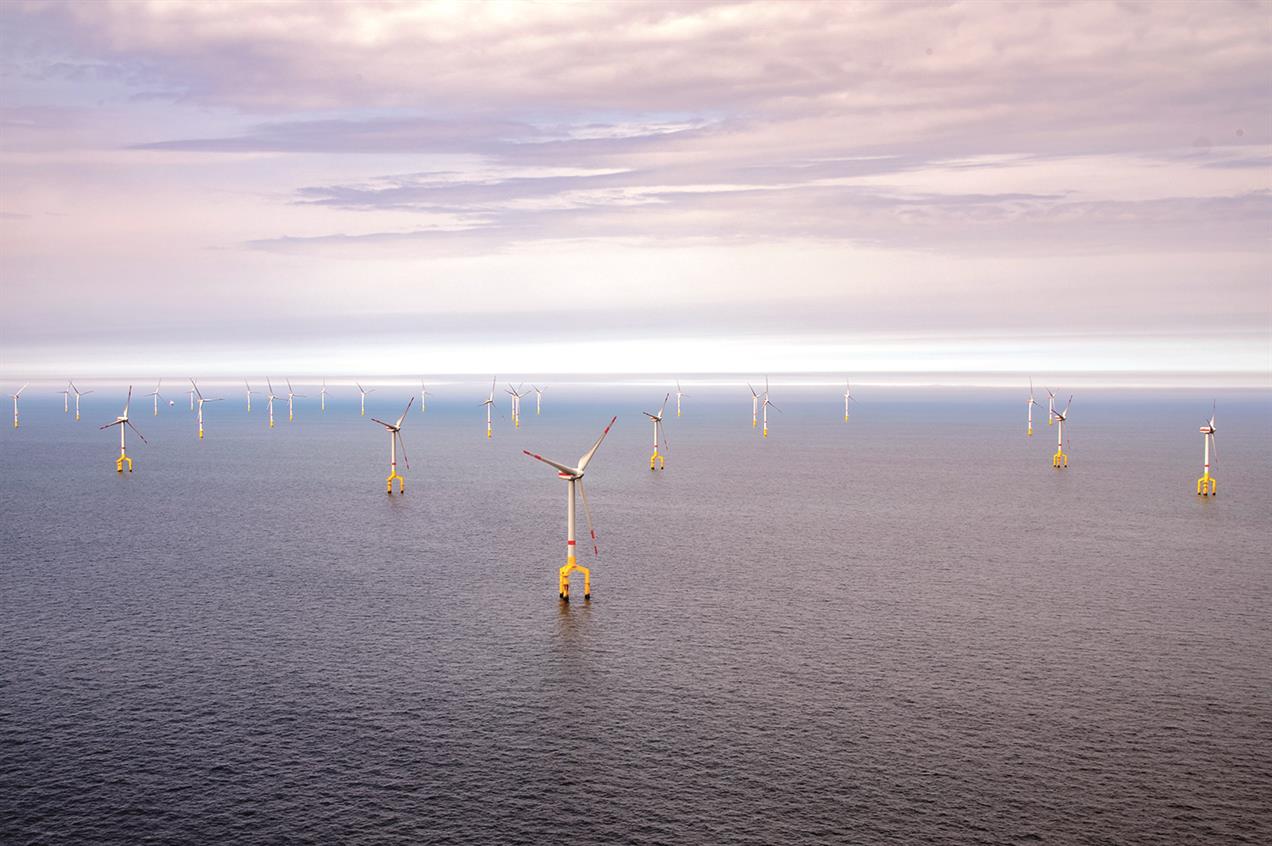Whether MIRA can fulfill its pledge to "leverage our extensive green energy experience to ensure it remains a source of sustainable and clean electricity for German households and industry" remains to be seen.
Bard Offshore 1, one of Germany‘s earliest offshore projects and the first over 100MW, is located around 100km north of the island of Borkum.
Ocean Breeze owner Unicredit paid a price to get the project off its books. Describing the disposal as "a strategic decision", it reported the negative "gross impact" at €259 million.
On the positive side for Macquarie, Unicredit subsidiary Hypovereinsbank, direct owner of Ocean Breeze Energy and financer of the project in 2007, said in its 2018 annual report that the project’s availability is now stable at industry standard level.
Thanks to the project’s high cash flow, high annual debt finance repayments can be made in the coming years so that, despite problems in the early years, the project finance debt can be paid off within a period that is "standard in the industry".
Attractive tariff
Bard Offshore 1 gets a feed-in tariff of €150/MWh, as fixed under the 2009 revision of the renewable energy act.
This runs for the first 12 years of operation, but that period extends by a month for every two nautical miles (3.7km) beyond the 12 nautical mile (22.2km) limit that the project is located out to sea, adding up to four years.
It is also extended by 1.7 months for every metre water depth beyond 20 metres. The water depth at the site is 39-41 metres, adding roughly another three years.
The high tariff payment therefore runs for around 17 years until 2027. Beyond that, it drops to €35/MWh.
Hypovereinsbank said the project had delivered 6.2TWh in the period December 2010 to December 2018, which suggests revenue over the period of €930 million.
The project generated 1.32TWh in 2018, equivalent to 3,300 full load hours, and on par with other more modern nearby projects.
On that basis, if the project had run smoothly, with full commissioning in the course of 2011, generation in the period 2012-2018 could have amounted to 9.2TWh, with revenue then nearly 50% higher at €1.38 billion.
However after first feed-in of power in December 2010, technical issues slowed progress with the project not fully commissioned until August 2013.
In 2012, Hypovereinsbank reported construction costs of €2.9 billion, some €1 billion more than planned.
More problems arising from poor compatibility in electricity quality delivered by the project and ABB‘s converter platform for the BorWin 1 transmission system to shore then forced the project to idle for most of 2014 before achieving stable operation in 2015.
Part of the lost revenue in 2014 was reimbursed by transmission system operator Tennet.
Should the project continue to operate at 2018 levels, MIRA could earn around €1.68 billion between mid-2019 and 2027 when the €150/MWh rate expires.
To maintain these levels, however, some high-level maintenance work will need to be carried out.
Servicing
The Bard Group, supplier of the 5MW turbines, did not survive the financial problems of the project’s early years and ceased business in summer 2014.
The takeover by Macquarie could mean a new operations and maintenance contract is in the offing – but the current O&M supplier has deep knowledge of the project.
Reetec, part of EDF Renewables, acquired Offshore Wind Solutions (OWS) in July 2017, which had shouldered the operations and maintenance contract for Bard Offshore 1 in 2014 when Bard Engineering went out of business.
OWS had taken over Bard’s premises and ships, around 300 employees and other resources.
In the course of the acquisition by Reetec, a new ten-year O&M contract for Bard Offshore 1 was signed with Ocean Breeze Energy. The last major maintenance campaign was in 2017.
The Bard Offshore 1 permit allows a 25-year operational lifetime for each turbine – but acknowledges that the foundations (a relatively unusual tripod design) are probably capable of longer life..
Lifetime extension is possible upon application to the permitting authority at least two years before the permit expiry.
Without an extension, the turbine and foundation structures have to be dismantled to at least a metre below the seabed.

.png)



.png)









